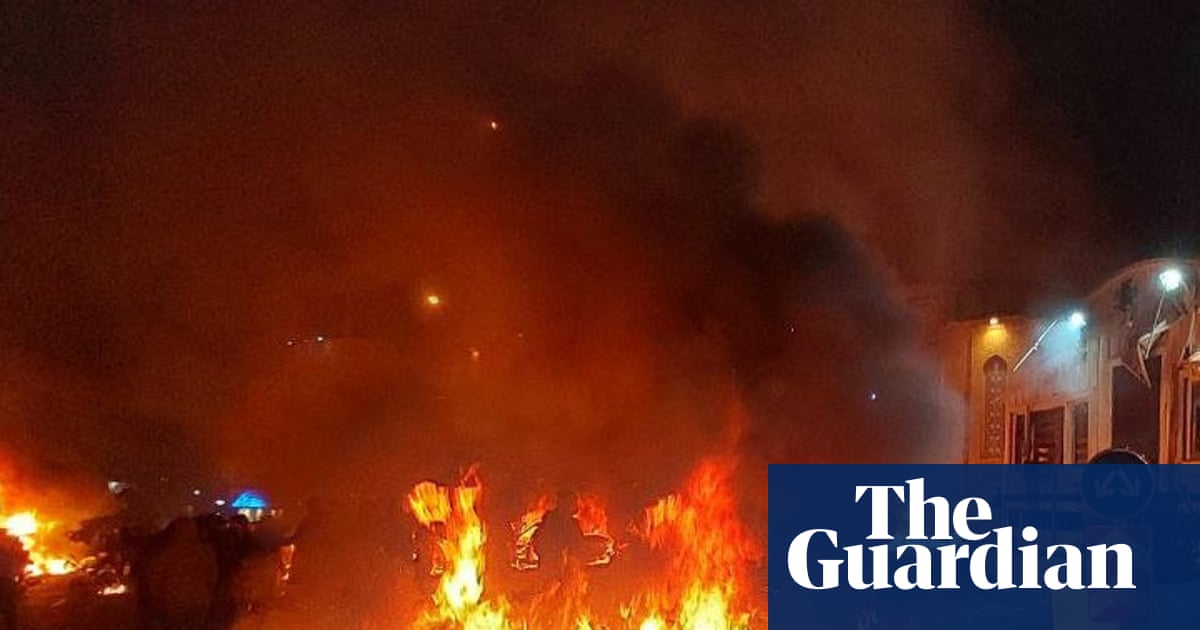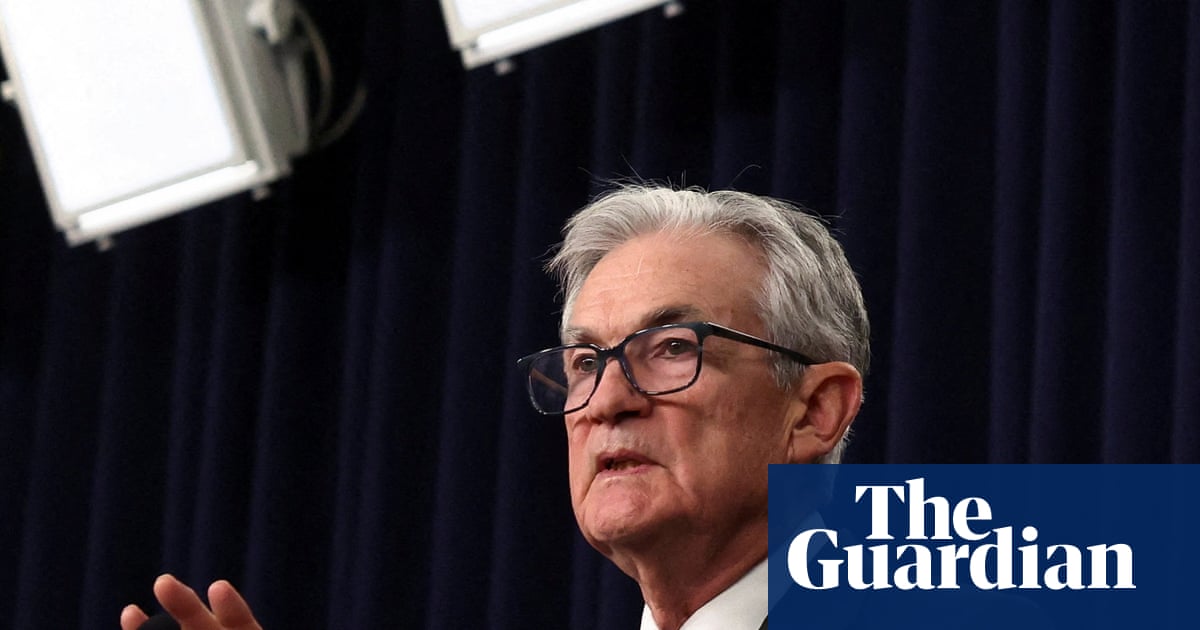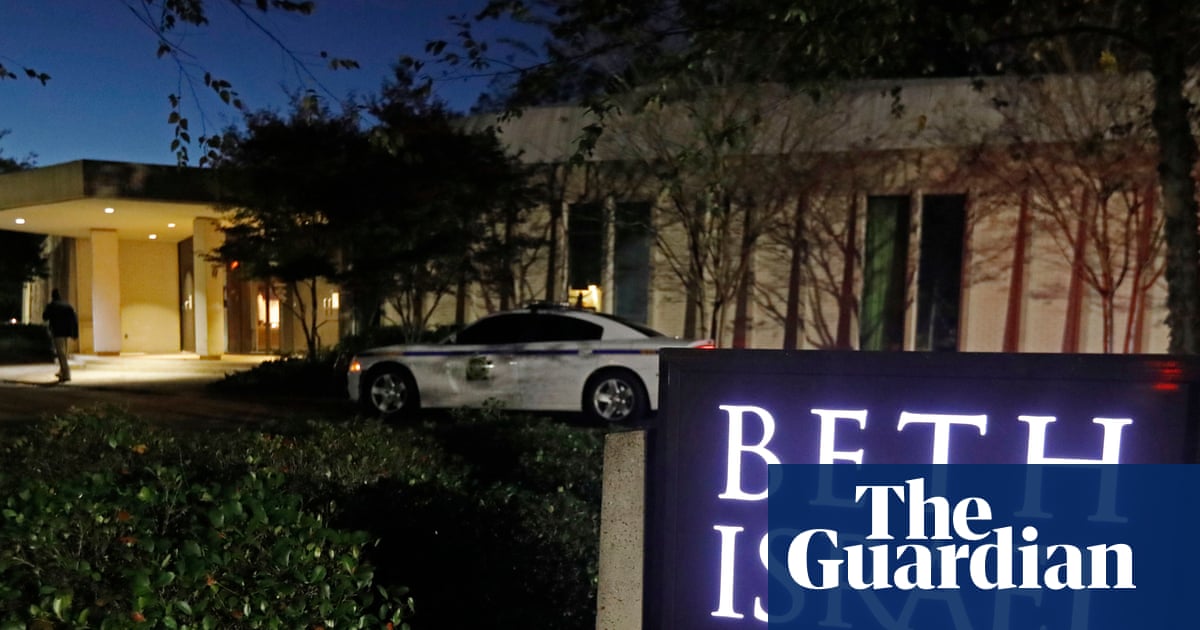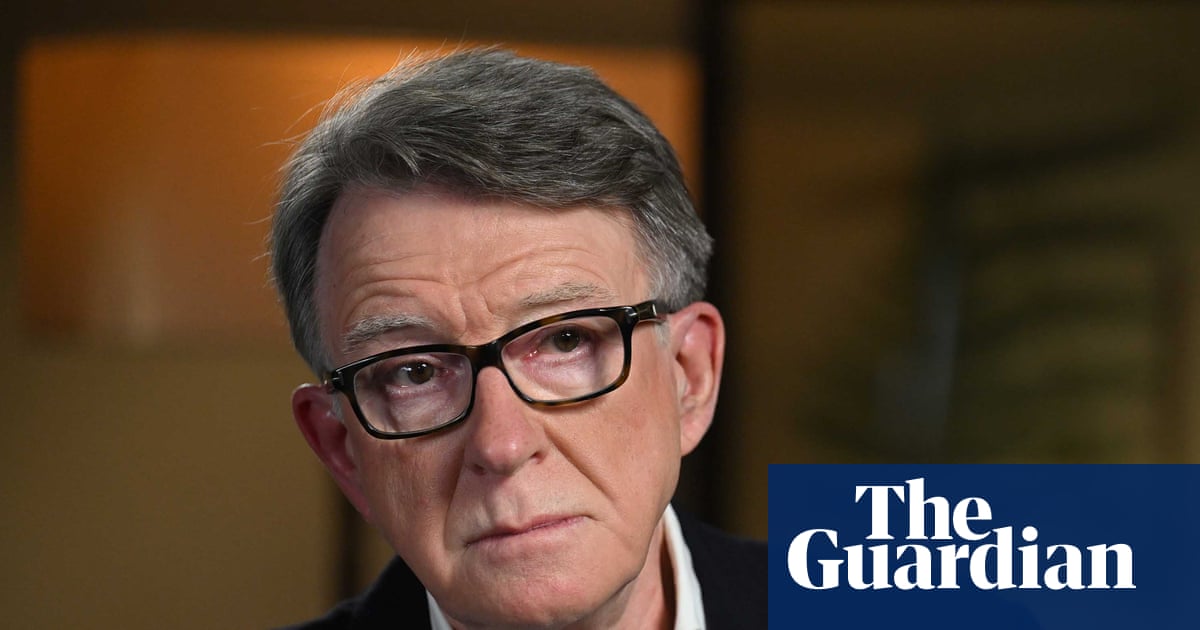The US military has issued new media restrictions demanding that journalists pledge not to gather any information – including unclassified documents – that has not been authorized for release or else risk revocation of their press passes.
In a memo issued Thursday, the Pentagon stated that “it remains committed to transparency to promote accountability and public trust”. However, using an abbreviation for the recently rebranded Department of War headed by the Trump administration’s Pete Hegseth, the memo added: “DoW information must be approved for public release by an appropriate authorizing official before it is released, even if it is unclassified.”
It went on to say: “Only authorized persons who have received favorable determinations of eligibility for access, signed approved non-disclosure agreements, and have a need-to-know may be granted access to [classified national security information].”
Journalists reporting from the Pentagon are now required to sign a pledge agreeing to restrict their movements within the building and not to access any unauthorized materials. If they refuse to sign the pledge, their Pentagon press passes will be revoked.
In a post on X, Hegseth said Friday: “The ‘press’ does not run the Pentagon – the people do. The press is no longer allowed to roam the halls of a secure facility. Wear a badge and follow the rules – or go home.”
The latest memo follows the announcement by Hegseth in May regarding new press restrictions at the Pentagon. These restrictions limit reporters’ movements within the building to specific areas including the press pens, food court and courtyard. This is a departure from the usual practice under previous presidential administrations where reporters typically had more freedom of movement within the Pentagon.
Hegseth has severely limited media access after facing backlash for sharing sensitive information about US strikes in Yemen in March in a Signal group chat where a journalist was accidentally included.
Since he assumed office, Hegseth has maintained a hostile attitude towards major media networks. He ordered the removal of various longstanding news organizations including the New York Times, CNN, Politico and NPR from their dedicated offices in the Pentagon.
The Pentagon’s latest memo has drawn criticism from journalists and free press advocates, with the National Press Club’s president Mike Balsamo saying: “This is a direct assault on independent journalism at the very place where independent scrutiny matters most: the US military.
“If the news about our military must first be approved by the government, then the public is no longer getting independent reporting. It is getting only what officials want them to see. That should alarm every American.”
Similarly, Freedom of the Press Foundation said “this policy operates as a prior restraint on publication, which is considered the most serious” violations of the press freedoms guaranteed by the US constitution’s first amendment.
“The government cannot prohibit journalists from public information merely by claiming it’s a secret,” the foundation said.
Meanwhile, Thomas Evans, editor in chief of National Public Radio (NPR), said his outlet was “taking this very seriously”.
“We’ll be working with other news organizations to push back,” Evans remarked. “We’re big fans of the first amendment and transparency, and we want the American public to understand what’s being done in their name.”
after newsletter promotion
The Pentagon’s restrictions on media access come as Trump suggested recently that TV networks should be punished for “negative coverage”. That statement followed widespread backlash over ABC’s indefinite suspension of Jimmy Kimmel’s popular late-night show, on which the veteran comedian said that many in Trump’s Make America Great Again movement “are working very hard to capitalize on the murder of Charlie Kirk”, referring to the 10 September killing of the rightwing activist.
Speaking on Air Force One on Thursday, Trump said – without providing evidence – that “97% [of major US networks are] against me”.
“They give me only bad press,” he said, adding that he believed broadcasters should have their licenses “taken away” as a result.
Among those to endorse Trump’s argument was the US senator Cynthia Lummis. The Wyoming Republican recently told the US news website Semafor that such licenses are “a privilege” rather than a “right” – and she said to the outlet that she no longer believes the first amendment is “the ultimate right”.
“I feel like something’s changed culturally,” Lummis said, in part. “And I think there needs to be cognizance that things have changed.”

 3 months ago
103
3 months ago
103

















































